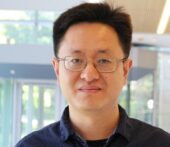
03/27/2025
Analog computing is making a comeback with hardware that processes and stores information in the same location, similar to biological neurons.

Analog computing is making a comeback with hardware that processes and stores information in the same location, similar to biological neurons.

Officials at the University of Michigan and University of California, Riverside, along with several industry partners have launched the Hydrogen Engine Alliance of North America.
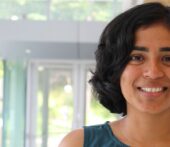
Assistant Professor Rohini Bala Chandran recently collaborated on a study that examines a new modeling framework to predict the performance of sunlight-driven photocatalytic hydrogen production.

The research could make offshore renewable energy more reliable and a better neighbor to marine life, also enabling laboratory testing of larger prototypes.
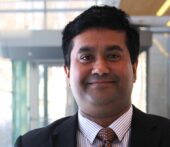
A framework bridging computational modeling and practical application helps rapidly screen materials for storing methane, improving practical use of the natural gas
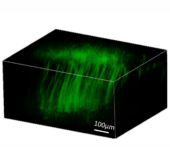
Kenn Oldham and his lab have received an R01 grant from the National Institute of Health to develop a new endoscopic microscope for neuron imaging capable of penetrating beneath the surface of organ tissue and at cellular resolutions.
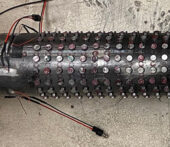
Phononics can address problems with signal attenuation.
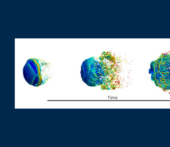
Congratulations to Venkat Raman, Alex Gorodetsky and Aaron Towne for receiving the DURIP award.
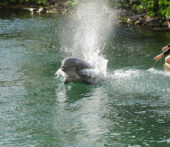
Experiments with custom-made biologging devices offer new insight into dolphin swimming and energy requirements.
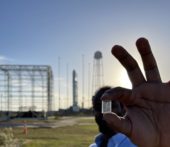
Mechanical engineers at the University of Michigan are tackling mysteries of bone density loss in space and on Earth.